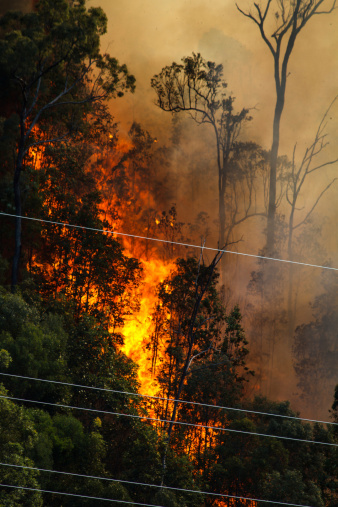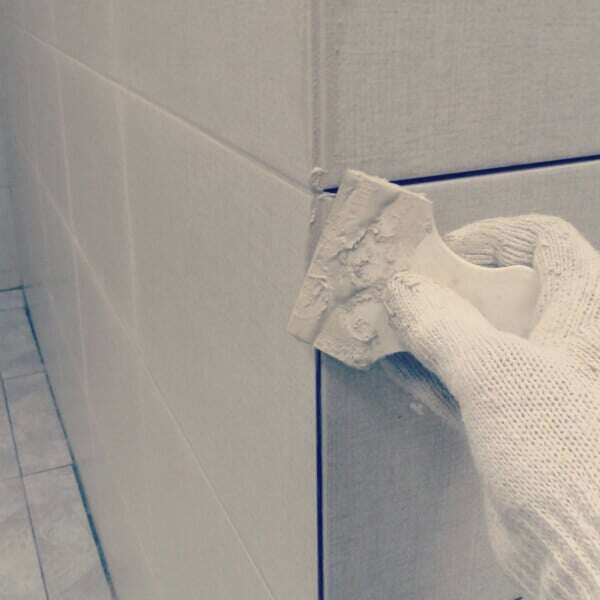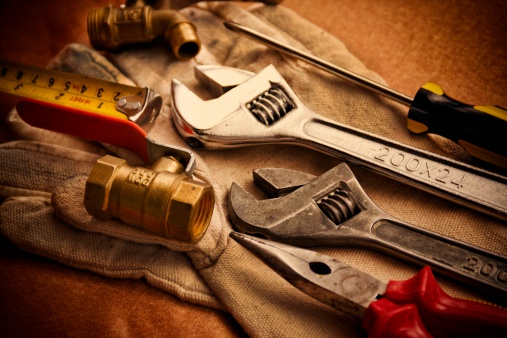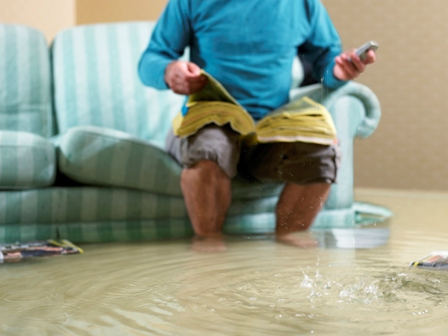 Wildfires are always a huge risk in Northern California, especially this fire season in the midst of a drought. The aftermath of the recent Boles Fire in Weed, California serves as a reminder of how easy a fire can ignite and the importance of being prepared in case of an emergency evacuation. It’s crucial to be aware of any electrical hazards that may cause a spark, and take whatever electrical safety precautions you can.
Wildfires are always a huge risk in Northern California, especially this fire season in the midst of a drought. The aftermath of the recent Boles Fire in Weed, California serves as a reminder of how easy a fire can ignite and the importance of being prepared in case of an emergency evacuation. It’s crucial to be aware of any electrical hazards that may cause a spark, and take whatever electrical safety precautions you can.
According to CAL FIRE, nearly 90 percent of all wildfires in California are caused by people, often when they are engaged in routine activities. Tasks like mowing the lawn, using a weed eater or using a chain saw can spark a wildfire. Similarly, worn brakes, exposed wheel rims and dragging tow chains can also cause sparks and ignite a fire while driving. (PG&E)
The following electrical safety tips from PG&E can help you prevent wildfires:
- Use lawn mowers before 10 a.m. and never operate a mower when it's windy or excessively dry.
- Use spark arrestors for all portable gas-powered equipment including tractors, chainsaws, weed eaters and mowers. Spark arrestors are required for gas operated equipment in wildland areas.
- Make sure you have enough clearance from flammable materials while grinding or welding. In wildland areas, grinding and welding operations require a permit and 10 feet of clearance.
- Practice safe towing and make sure towing chains are not throwing sparks while driving.
- Make sure vehicles are properly maintained with nothing dragging on the ground.
- Properly maintain tires, tire pressure and brakes.
The following electrical safety tips from OSHA can help in the aftermath of wildfire cleanup:
- Assume all overhead wires are energized at deadly voltages. Never assume that a wire is safe to touch, even if it is down or appears to be insulated.
- Never touch a fallen overhead power line. Call the electric utility company to report fallen electrical lines.
- Stay at least 10 feet away from overhead wires during cleanup and other activities. If working at heights or handling long objects, survey the area before starting work for the presence of overhead wires.
- If an overhead wire falls across your vehicle while you are driving, stay inside the vehicle and continue to drive away from the line. If the engine stalls do not leave your vehicle. Warn people not to touch the vehicle or the wire. Call or ask someone to call the local electric utility company and emergency services.
- Never operate electrical equipment while you are standing in water.
- Never repair electrical cords or equipment unless qualified and authorized.
- Have a qualified electrician inspect electrical equipment that has gotten wet before energizing it.
- If working in damp locations, inspect electrical cords and equipment to ensure that they are in good condition and free of defects, and use a ground-fault circuit interrupter (GFCI).
- Always use caution when working near electricity.
[Source: Occupational Safety and Health Administration]
We hope these electrical safety tips help you prevent and prepare for wildfires. To make sure your home electrical system is safe contact a local electrician in Chico at Experts In Your Home.
Related Articles:
Prepare for a Power Outtage: What to Include in an Electrical Safety Kit
Outdoor Electrical Safety Tips for Your Home
To learn more about electrical safety, download our free eBook with electrical safety tips below:








